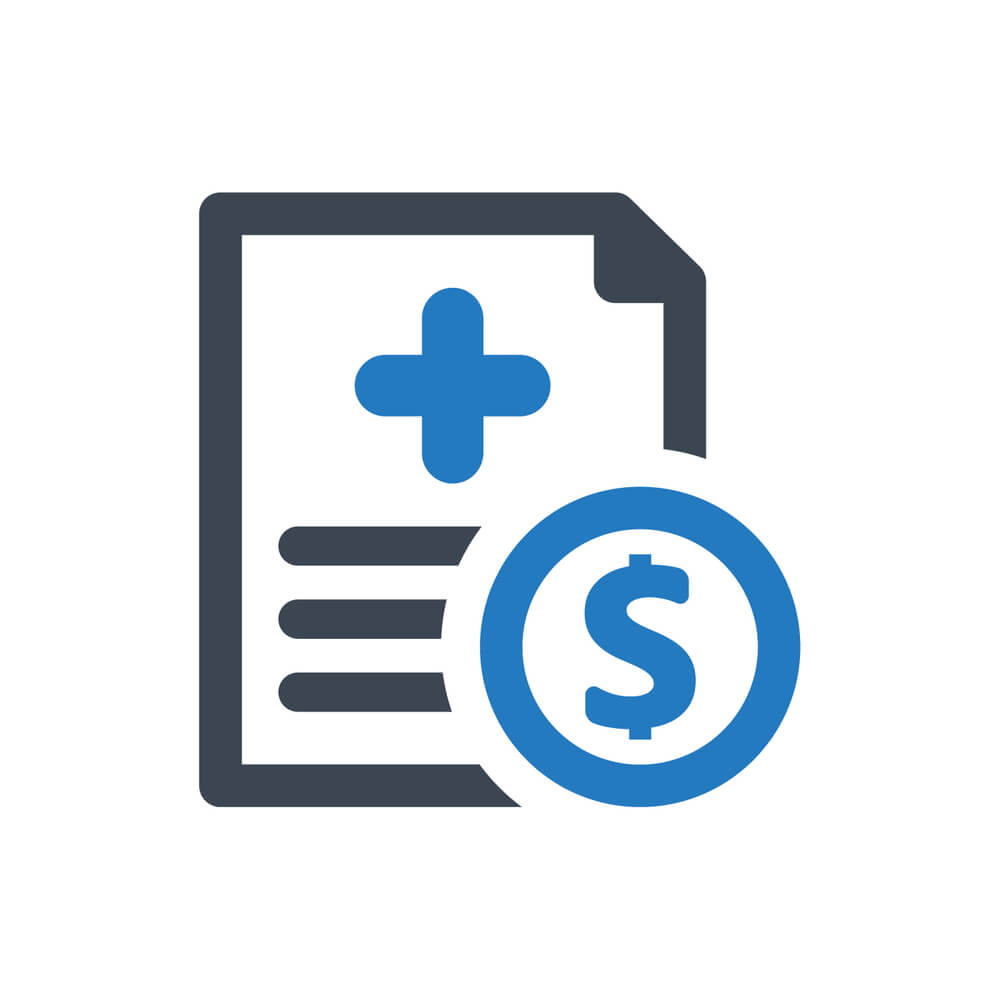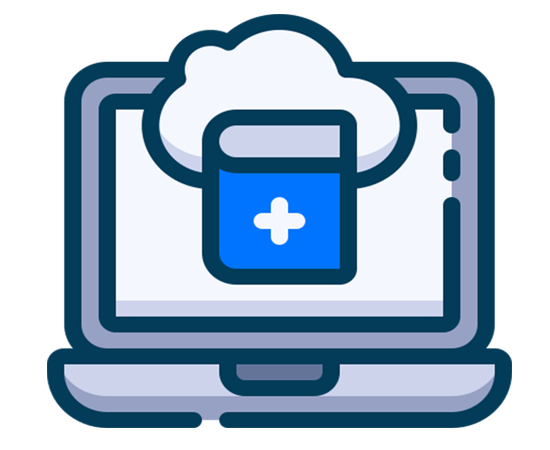- Home
- Billing
-
Healthcare BPO
 Medical Billing
Services
Medical Billing
Services Medical Transcription
Medical Transcription Medical Coding Services
Medical Coding Services
- Healthcare IT
- Products
- Compliance
- About Us
- Contact


